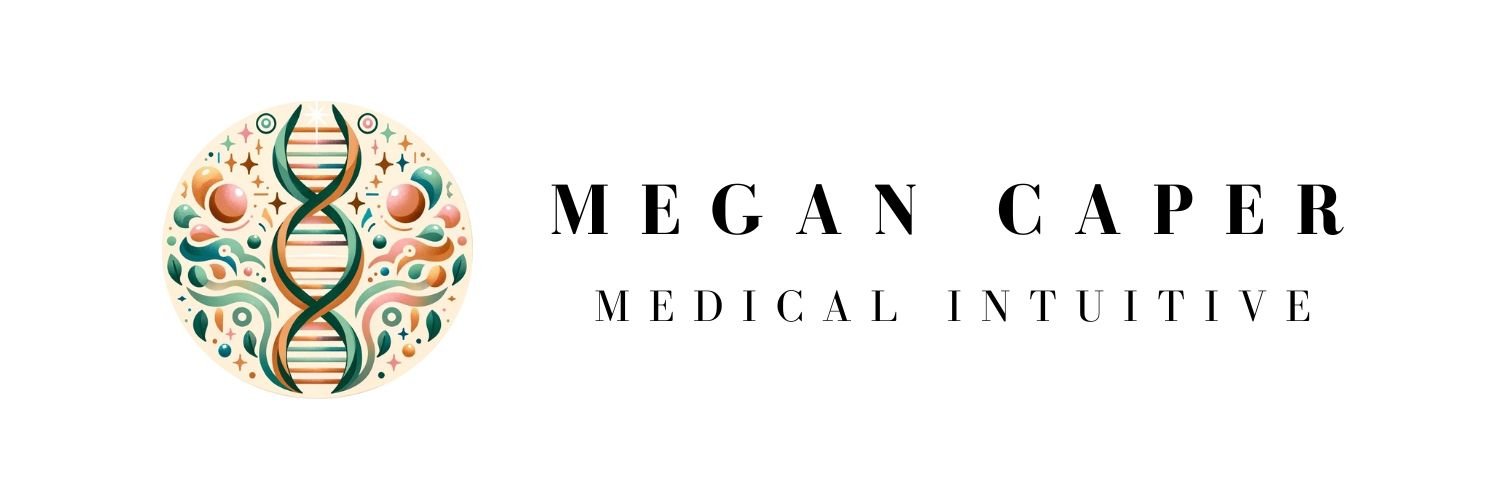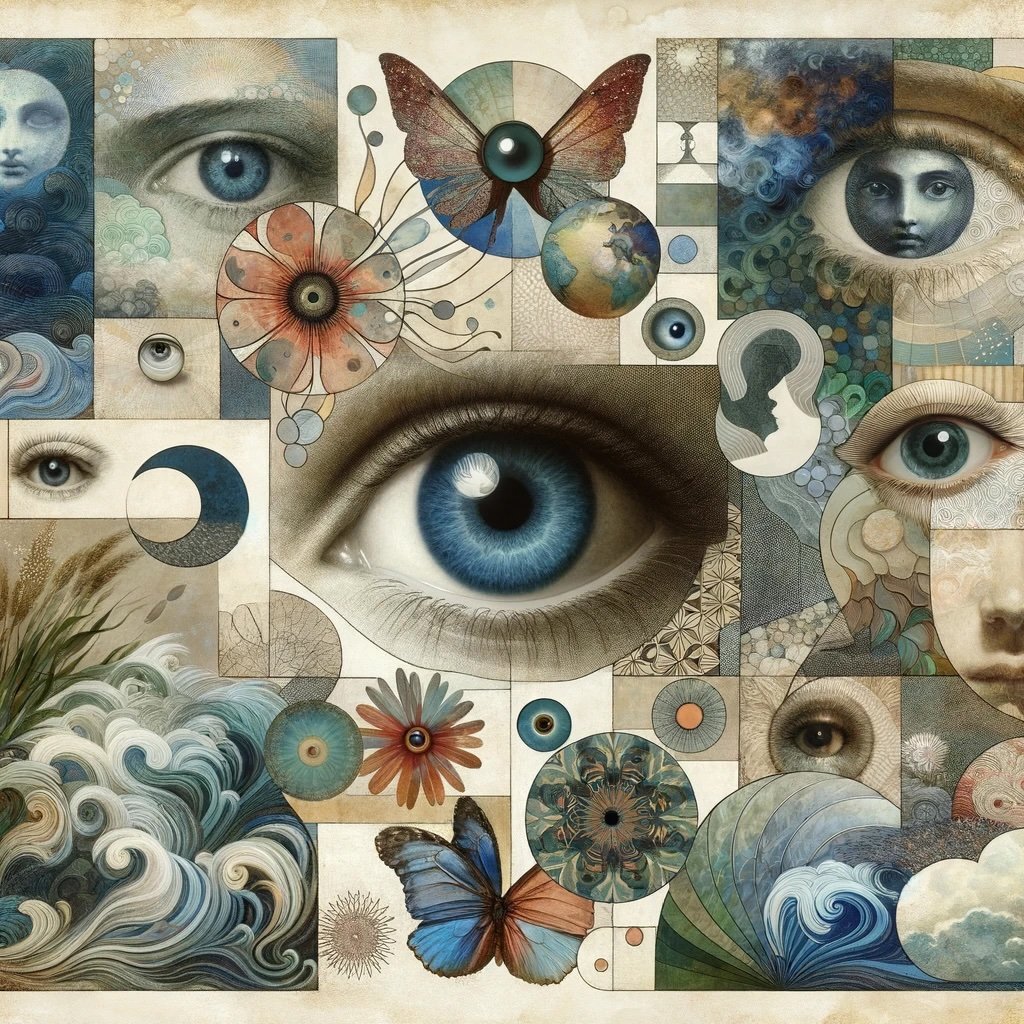“You’re sick because you want people to see you as a person, not an object.”
I heard this sentence so clearly as I woke up in the middle of the night a few nights ago. I’d been reading Ram Dass’ Be Here Now just before I fell asleep and I’d had vibrant, psychedelic dreams about the nature of consciousness. (I guess that’s what I get for reading Be Here Now right before bed.) I don’t remember the dreams per se, but about an hour later I woke from a very vivid dream to those words:
“You’re sick because you want people to see you as a person, not an object.”
As with most spiritual epiphanies, it was accompanied by a download of emotions, memories, and instantaneous understanding.
Here’s what I understood at that moment:
I was raised by a narcissist. One of the hallmark traits of that disorder is that narcissists see other people in the same way most people see objects. To narcissists, there is no qualitative difference between people and objects. And objects only have value when they are useful – there is no intrinsic value to an object beyond the usefulness that we assign to it.
One of my lifelong struggles has been to be seen and valued for who I am. Since I didn’t have a parent who saw my intrinsic value and reflected it back to me, which is something all humans (especially children) need, I have struggled to learn how to find this, recognize it, and take it in. As a child, I never learned how to be seen as a person with valid needs and innate value; instead, I received the message that I was just an object that may or may not be useful on any given day in someone else’s orbit.
When I was a child, being sick allowed me to be a useful object to my mother AND get her love and attention. She could take on the role of “long-suffering caregiver” and get attention from her friends who felt compassion and admiration for her, and I, in turn, would get her time and energy directed at me. It was as close to a “win-win” as our dysfunctional relationship could get.
I’ve had chronic fatigue for more than 10 years as a long-hauler side effect of chemotherapy. I realized in that moment of epiphany that being sick has been a way for me to have a “reason” to ask for love and support and a “reason” to deserve care. Since I didn’t believe that I deserved love and care just because, my body co-created an illness so that I could feel justified in my need for connection and care.
I know that this isn’t just a feature of my childhood – our culture at large objectifies us and measures our usefulness against other objectified humans:
How nice to look at are you?
How productive are you?
How pleasant to be around are you?
How good of a provider are you?
How reliable are you?
How appreciative of a sick/poor/disabled/marginalized person are you?
These are all measures of us as objects – as things that are either useful to others or not. It’s a losing game because there will always be someone who is more “useful” than you, there is no object that can’t be compared to something more useful.
But I am not an object and neither are you.
I’m a human being, not an iPhone — I don’t need to have a “usefulness” to be valued. I am valued and loved simply because I am, because I exist. In fact, the more that I come home to “I am” and let the rest go, the more that people show up in my life who want to love, support and care for me. The more that I come to see that I don’t have to create stories about why I am valuable, useful or worthy, the more that my intrinsic value shines through and others can see it and honor it.
I need to stop creating stories about why I am valuable in order to truly know why I’m valuable.
Well, isn’t that a paradox.
I’m going to use this mantra in the next few days and see what happens:
“I am not an object. I do not need to have a usefulness. I am valuable because I am.”
And if you are feeling any of this too, know that I see you. You are whole. You are already valuable. And if you can’t see that quite yet, please know that I already do and I already love you just because you exist.
xo,
Megan








